
This report was produced as a project for the 2016 California Fellowship, a program of the Center for Health Journalism at the USC Annenberg School for Communication and Journalism.

This report was produced as a project for the 2016 California Fellowship, a program of the Center for Health Journalism at the USC Annenberg School for Communication and Journalism.

A new data-rich almanac on maternity care in California highlights persistent racial disparities in prenatal care and maternal mortality rates.

This story is the first in a several-part series about academic and health outcomes for students enrolled in state Migrant Education programs in eastern Solano County, a project funded in part by the Center for Health Journalism at the USC Annenberg School for Communication and Journalism.

For the Chinese American community in Los Angeles, language barriers can limit access to needed health care. But that's not the only challenge recent immigrants face, as Peiwin Jing reports in part one of her series.
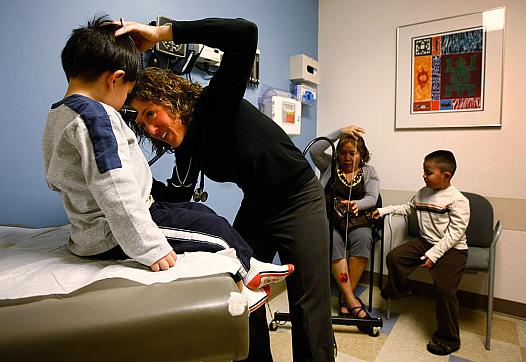
The annual Data Book published by Kids Count this week feeds into a larger news trend of late that has emphasized broad gains in children's health and morality rates.
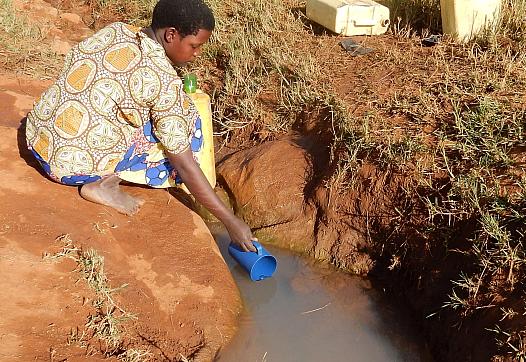
According to a survey conducted in early 2016 by ACH360, a nonprofit organization promoting health for rural communities in Ngora, Uganda, traditional beliefs associated with cancer in women are the reason why many do not seek early diagnosis and treatment.
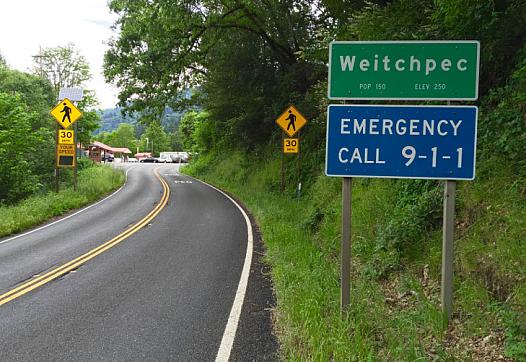
This story was produced as a project for the California Health Journalism Fellowship, a program of the Center for Health Journalism at the USC Annenberg School for Communication and Journalism.
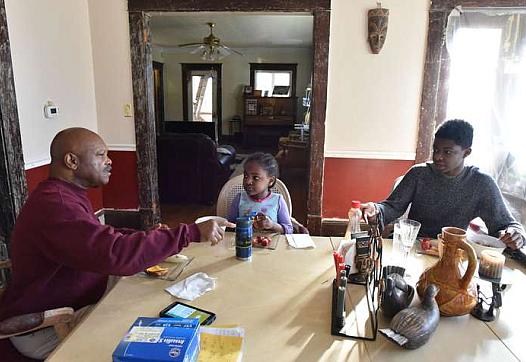
A look at what happens to children who've lost parents to death, mental illness, addiction and other causes yielded some notable lessons for one reporter.
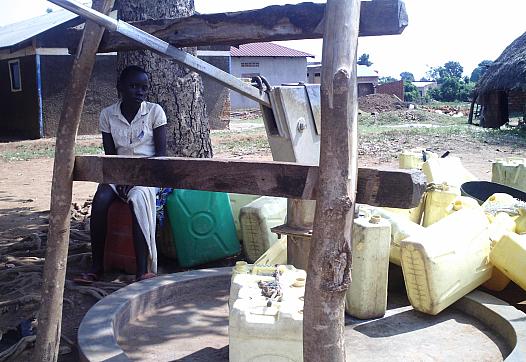
For many young women in rural Eastern Uganda, access to clean water is just one of many obstacles barring educational achievement and an escape from generational poverty

In the southern U.S., tropical diseases such as Chagas disease, toxocariasis, leishmaniasis can cause debilitating illness, disfigurement and even death. Dr. Seema Yasmin shares how she took on the topic.